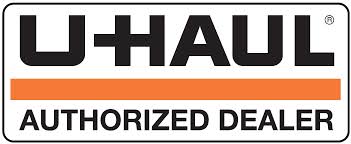 If you’ve been shopping around for a small sedan, you may have noticed that some models, especially hybrids, come equipped with a continuously variable transmission (CVT) instead of a conventional manual or automatic gearbox. Although CVT designs have been around for decades, they haven’t been widely adopted by automakers until relatively recently.
If you’ve been shopping around for a small sedan, you may have noticed that some models, especially hybrids, come equipped with a continuously variable transmission (CVT) instead of a conventional manual or automatic gearbox. Although CVT designs have been around for decades, they haven’t been widely adopted by automakers until relatively recently.
Instead of using a series of gears to deliver power to a vehicle’s wheels, a CVT relies on a pair of variable-width pulleys connected by a belt. These pulleys constantly move in response to input from the driver, thereby increasing or decreasing the diameter of the belt and making fine adjustments to the transmission’s gear ratio.
The foremost benefit of a CVT is its impressive fuel economy.
Because the pulleys in a CVT are always moving to find the optimal gear ratio, they are generally more efficient than automatic transmissions that just have a few gears to choose from. This makes them ideal for commuter cars that are more focused on fuel economy than performance. Furthermore, they offer a smoother driving experience when climbing steep inclines than automatic transmissions, which have a tendency to struggle and ‘hunt’ for the right gear under heavy loads.
It’s important to note, however, that fuel savings may be offset by eventual repair costs.
Although modern CVTs are quite reliable, they are also very expensive to repair or replace in the event of a mechanical failure. If your CVT eventually fails, you can expect to pay between $3,000 and $5,000 for a replacement. If you’re the type of person who likes to drive a car for upwards of 100K miles, you could end up paying for some expensive transmission repairs down the road.
It’s also worth noting that the shiftless acceleration of a CVT feels distinctly different than that of a conventional transmission. Some drivers find it to be sluggish and even disconcerting, so be sure to take a thorough test drive before buying a vehicle with a CVT.
Regardless of which vehicle you choose, the team at Builders Transmission will be here to help in the event of transmission trouble. To learn more, feel free to give us a call or contact us online today.



